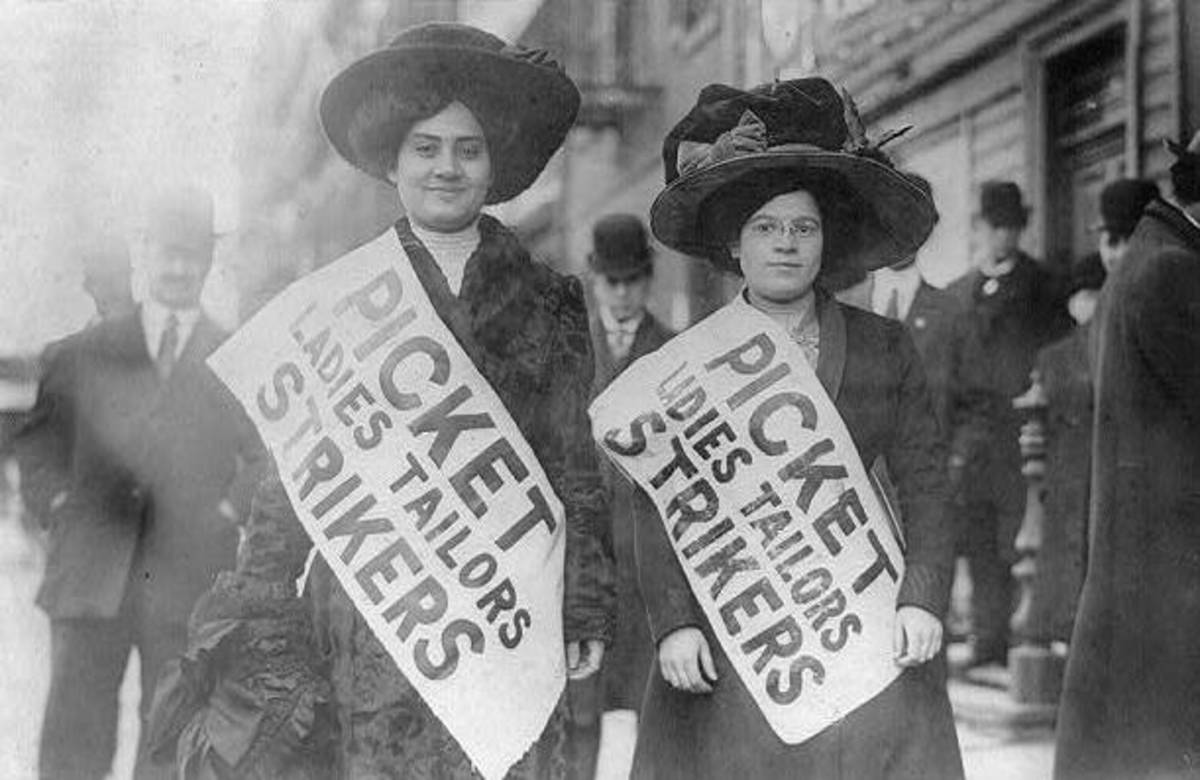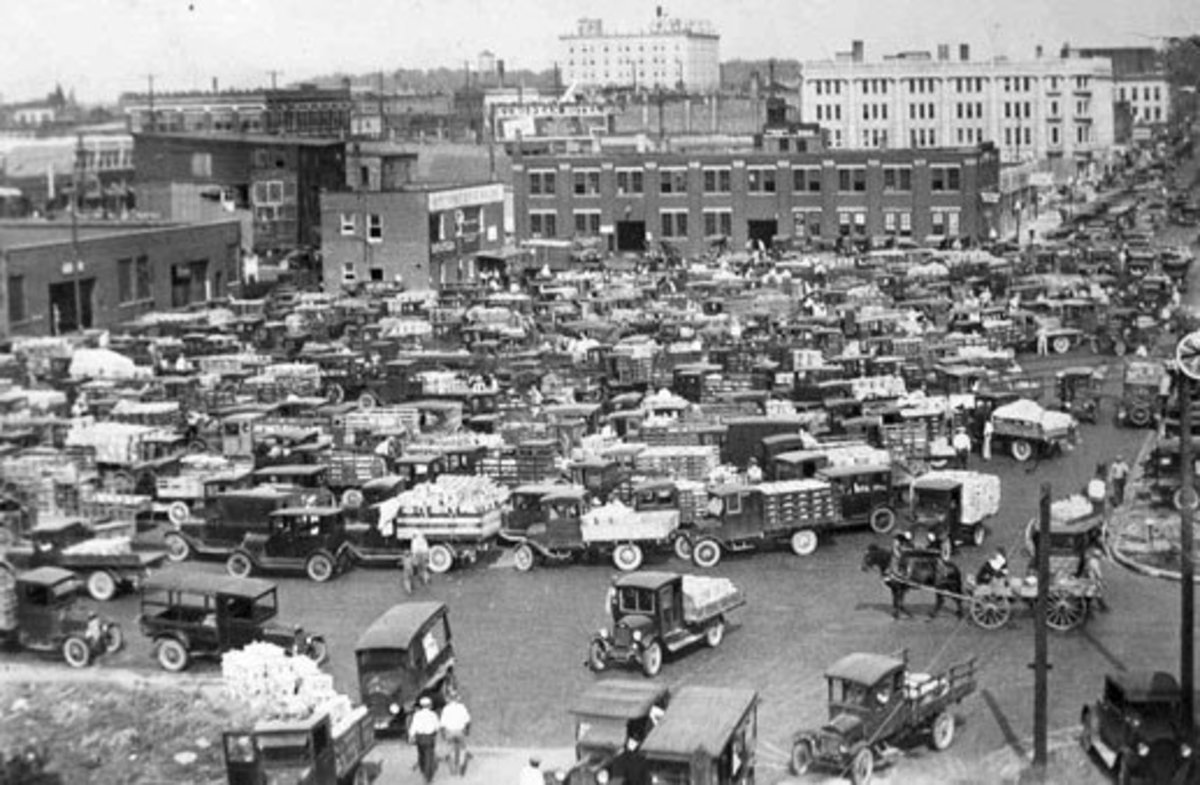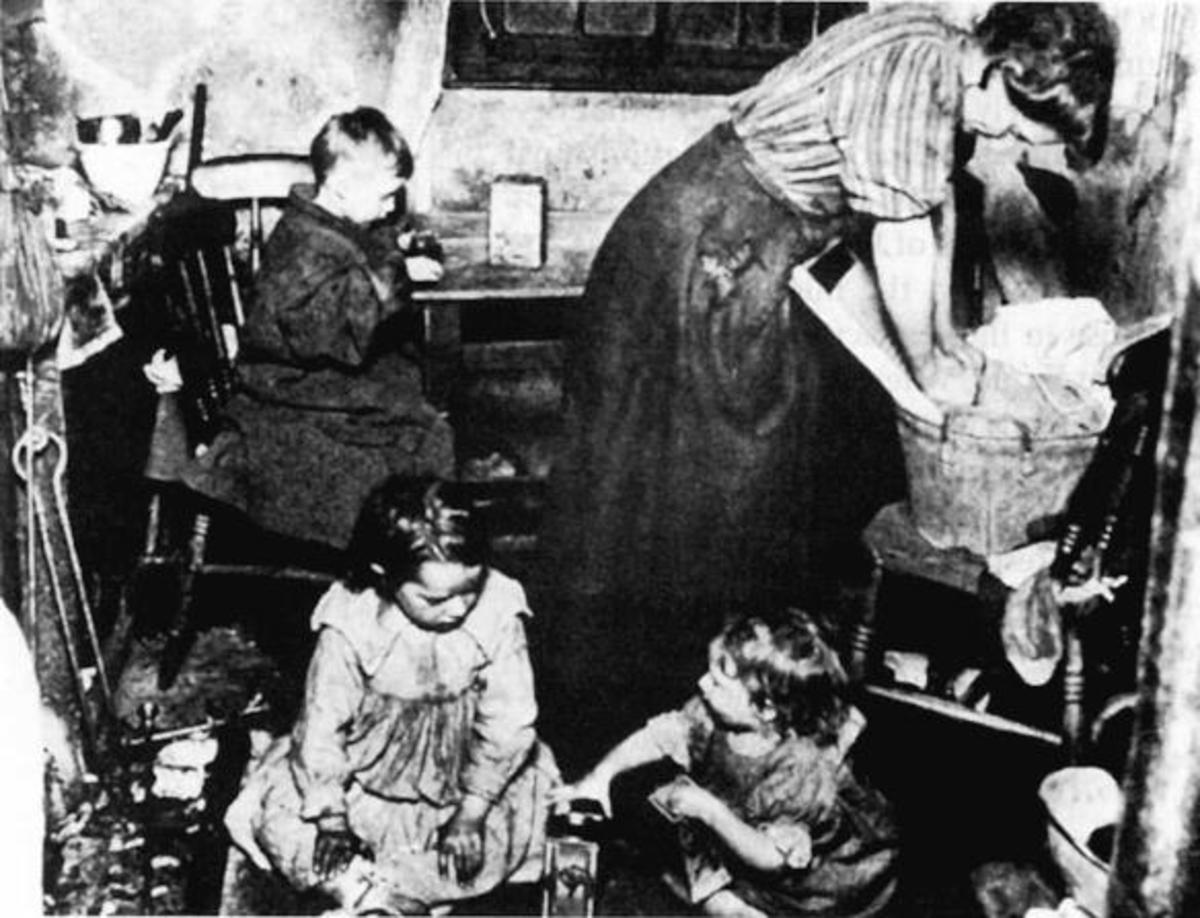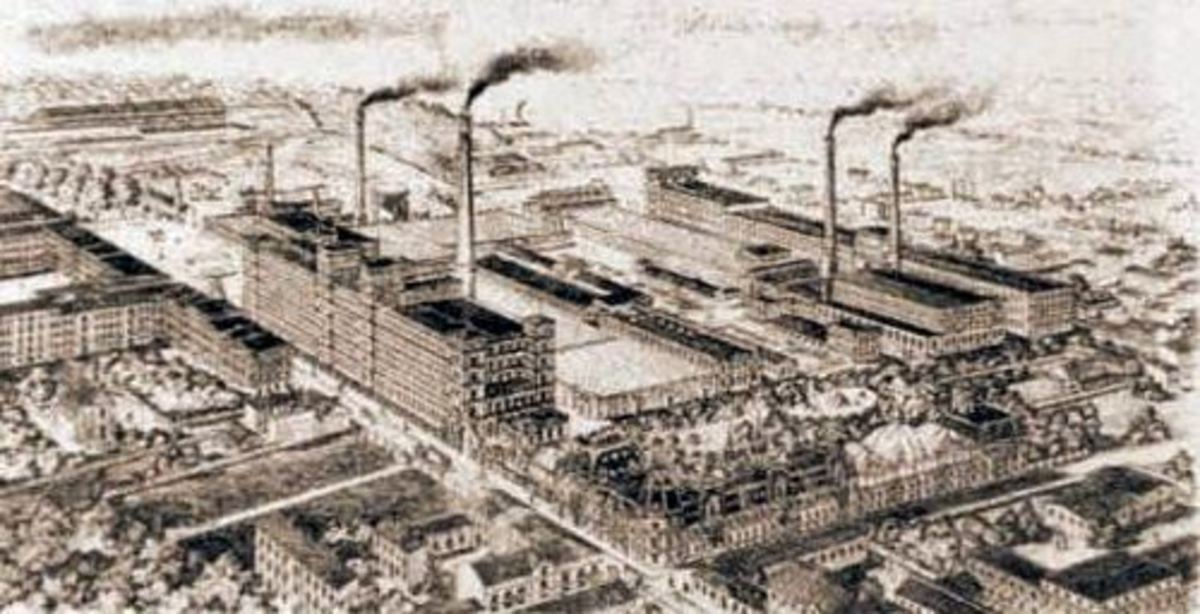Factory Health and Safety Regulations in Nigeria
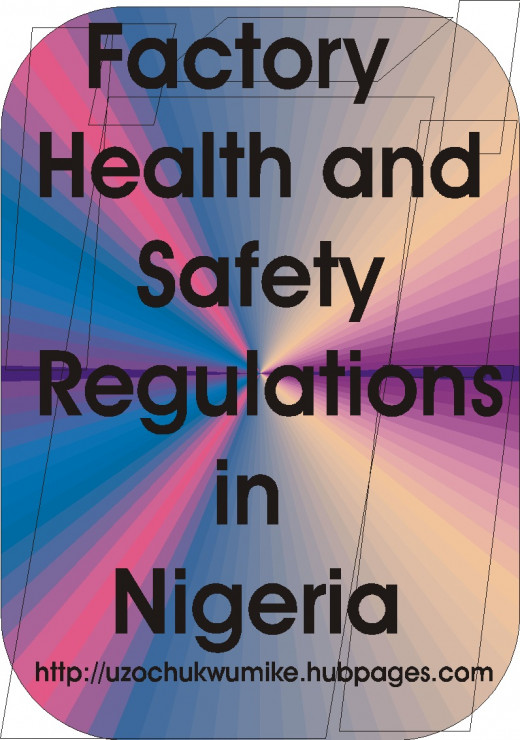
Introduction to the Topic
The regulation of factories in Nigeria by specific organization in Federal Republic of Nigeria is a very important idea. There are many companies in the country that are solely interested in the money they will make from their workers without considering the welfare of the people that work for them when it comes to the health and safety of the workers in the companies. Irrespective of the fact that these companies do not pay the workers well, their safety while working for those companies is always in big danger. Some who wanted to quit from working for those companies’ have no options rather than to stay as there is high job scarcity, which is unemployment in Nigeria.
An interview with a metallurgical and materials engineering student from Nnamdi Azikiwe University that worked with a metallurgical company during his six months Industrial Training has this to say when he was interviewed on the safety of the engineers that work in the company: “one of the major problems with the company is that the safety of the engineers there is at risk. They do not have enough safety equipments which are to be used as cover to the engineers.” This nonchalant behavior has hurt so many Nigerians working in companies in the country.
The health and safety regulations are inscribed in the Factory Acts which are based on the recommendations of Trade Unions, Employees’ Associations, Industries and Ministry of Health. Trade Unions, Employees’ Associations, Industries and Ministry of Health understood the need for the safety and health of the factory workers. This is why the inscription came into existence so that no workers will be treated badly by the employers.
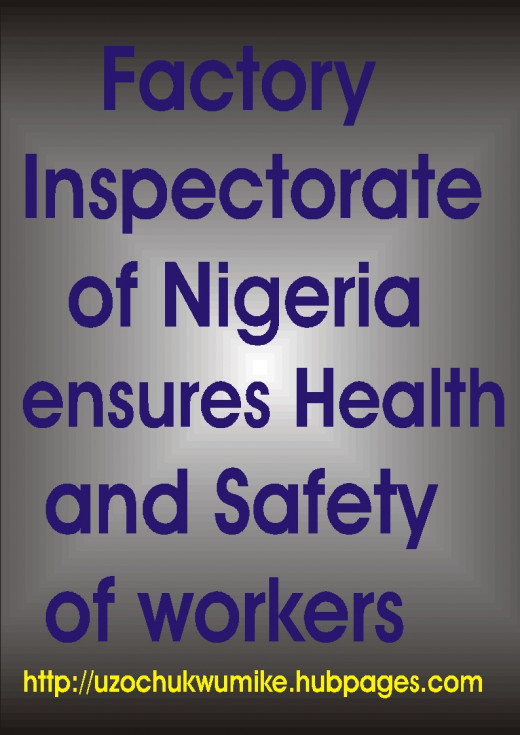
The Organization responsible for Factory Health and Safety Regulation in Nigeria
The Factory Acts as it affects the health and safety of workers in the Federal Republic of Nigeria has organization that makes its reinforcement. Factory Inspectorate Department of Nigeria (FID) has been mandated by the constitution of the country for the enforcement of the health and safety of the workers in all the companies and industries in the country, Nigeria.
On many occasions, the agency pays impromptu visits to industries in Nigeria to find out how the industries manage risks. The reason why they pay such unplanned visit to industries is because they do not want any industry to pretend they are doing well when it comes to the safety of their workers. Because of this reason, they visit at any moment when industries do not expect they are coming. What the organization does is synonymous to what NAFDAC (National Agency for Food and Drug Administration and Control of Nigeria) does when it was under the leader of Late Dr. Dora Akunyili. When NAFDAC was under the leadership of this woman, the organization visited many drug marketing centers without telling the owners of their coming so that they would find out those who were selling fake drugs to the masses.
Factory Inspectorate Department of Nigeria (FID) has the permission to ensure safety, health and welfare of persons employed in factory and similar engineering establishments throughout the country. That is to say that when workers in industries in the country continuously incur injuries in their workplaces due to poor safety environment, it means that the agency fails to perform its function adequately because it is their function to enforce safety.
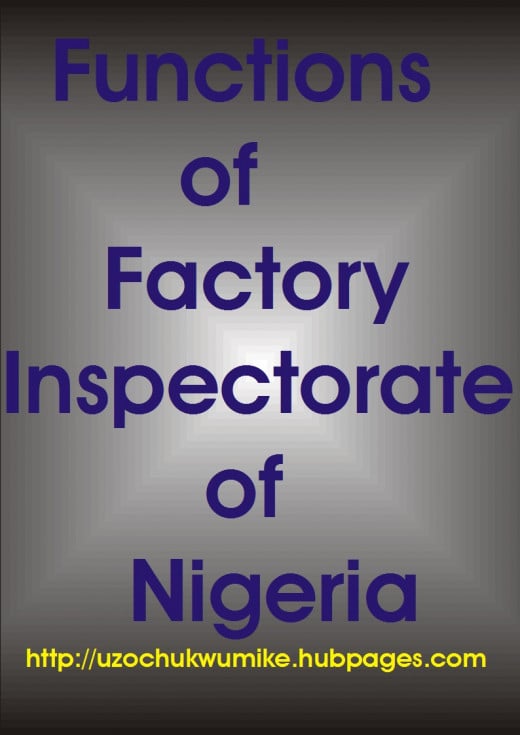
The Functions of Factory Inspectorate Department of Nigeria (FID)
The functions of FID in Nigeria are:
- The organization is responsible for registration of new factory premises in the federation. It is also its responsibility when it comes to the amendment and revocation of the existing certificates used by other companies. Before any company legally starts its operation, it must be first registered. So, it is the duty of FID to help in the registration after ensuring that the safety of the workers is in good standard.
- FID Inspects all factories and such related industrial establishments thereby ensuring safety, health and welfare of all categories of workers and every person who have cause to be inside the factory premises. In as much that you are a worker working in any factory situated inside Federal Republic of Nigeria, the organization works for your good. The organization was not set up by the government of the federation just to receive their salaries at the end of every month but to care for health and well being of Industrial workers. Take for instance an industry that deals in manufacture of chemicals, when this body comes for inspection, it will ensure that all health equipments are in order so that the workers will not inhale any chemical that will be harmful to their body systems.
- Factory Inspectorate Department of Nigeria service the National Industrial Safety Council of Nigeria (NISCN). NISCN is a voluntary tripartite professional organization. The body has held many seminars and public speaking nationwide. They educate Nigerians on safety precautions in workshops and workplaces, as well as on health matters in factories.
- The function of FID does not end in safety and health alone but extends to other areas. The organization carries out research work on health and safety of every hazardous industries within the country. They do this so that they will properly educate industries and workers on the need for safety through organizing of seminars, lectures, workshops and symposia. So many workers have been able to manage their safety effectively from the teachings from this body.
- Another role performed by this body is co-operation with other national and international bodies to provide quality services. FID co-operate with these national and international bodies to promote safety and health of every workplace in the country. There is a saying that “together we make much impact but alone the impact lessens.” Factory Inspectorate Department of Nigeria understands this well and that is why they chose to work with other organizations to make great and effective impacts.
- Another role that the body performs is drafting of safety and healthy legislation, code of practice, guidelines for various operations and processes as well as amendment of old ones, when necessary. According to Oxford Advanced Learner’s Dictionary, legislation is the action of legislating. To legislate on the other hand is the effect by making or enacting Laws. So, it is the duty of Factory Inspectorate Department of Nigeria to enforce the Laws ensuring the safety of industrial workers. The organization changes any of the Laws which appear to be out of date when it comes to safety and health of workers.
- Investigating of disorderliness in the factories like accidents, dangerous occurrences and cases of occupational diseases is also among the function carried out by Factory Inspectorate Department of Nigeria. If any accident happens in workplaces in the federation, this body investigates into such occurrence and detect what lead to such. After the overall investigation, the body offers necessary help so that such occurrence will not take place again. This can come in form of constant monitoring of such establishment and education. Also, the owners of such companies are warned to put things in place so that another casualty of such nature will not occur again.
- Lastly, FID corrects recalcitrant occupiers by warnings and later prosecution. When the body meets various managements of companies in the country and found out that the safety and health of the workers is in danger, they will encourage such companies to upgrade by ensuring and putting all the safety equipments in place. If after series of warning to the managements and they refused to cultivate what the organization told them, the managements of such companies will be sued.
Conclusion
Safety is very important for both working class and those who are not working. If ninety percent of all the factories situated in the Federal Republic of Nigeria do not accept and practice safety and health, the worker will be prone to accidents as easy as possible. Because of the importance of safety and health of workers in factories in Nigeria, Factory Inspectorate Department was established. Discussed in this piece are the functions of this organization.


